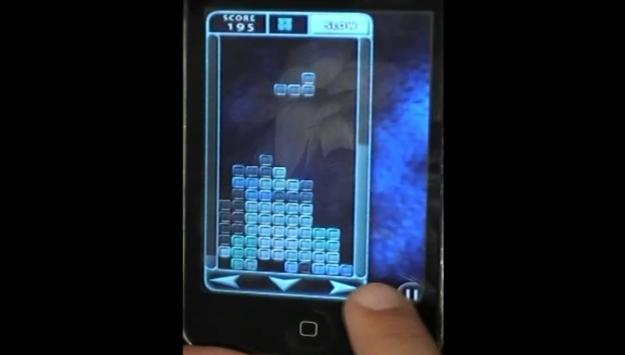
Cloning successful games is nothing new. It is, in all honesty, the foundation of the modern video game industry. Space Invaders beget Centipede and Super Mario Bros. beget, well, thousands upon thousands of games where some little cartoon person ran from left to right jumping over stuff. Imitation has always been the sincerest form of flattery in video games, and it’s fueled innovation. The very first version of John Carmack’s engine that would eventually power Wolfenstein 3D and Doom was built to run a copied version of Super Mario Bros. 3 and it was used for the Commander Keen platformers.
In the age of the iPhone and the App Store though, game cloning has become a little bit more sinister. Since it’s so easy to get a game up on the App Store, blatant recreations of successful titles show up at an alarming pace. Some of these games even go so far as to copy the name of the imitated game. By last summer, there were so many clones of Angry Birds on the App Store, that Business Insider did a feature on them.
The legality of these clones is finally coming into question though. A federal court in New Jersey found in favor of the Tetris Holding LLC in its case against XIO Interactive. XIO Interactive’s game Mino, pictured above, was found guilty of infringing on copyrights held by the Tetris Holding LLC relating to the game Tetris. Surprise, surprise. Mino has since been removed from the App Store.
As detailed by attorney Jack C. Schecter of Sustein, Kann, Murphy & Timbers LLC (via Edge) though, what’s impressive about the court’s decision in this case is that Xio lost even after admitting that its game was a direct copy of Tetris. Xio said that it invested heavily in the study of copyright law and decided that Mino was protected by the idea-expression dichotomy. As Schecter explains, this means “copyright law allows for protection to be given only to the expression of an idea, not the idea itself.” Since Mino didn’t copy Tetris at the code level, Xio figured it was protected even though it blatantly copies Tetris’ rules.
This is only a small case though and it likely won’t have broad reaching implications for the video game industry. Creators ripped off by shyster studios looking for a quick buck on the App Store won’t be barred any time soon. It is proof that progress is being made toward protecting some people’s hard work. When cases like Spry Fox versus 6waves pop up in the future, there will be important precedent to explore.


